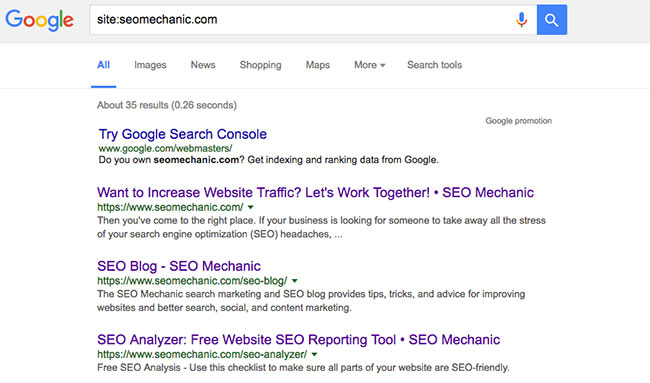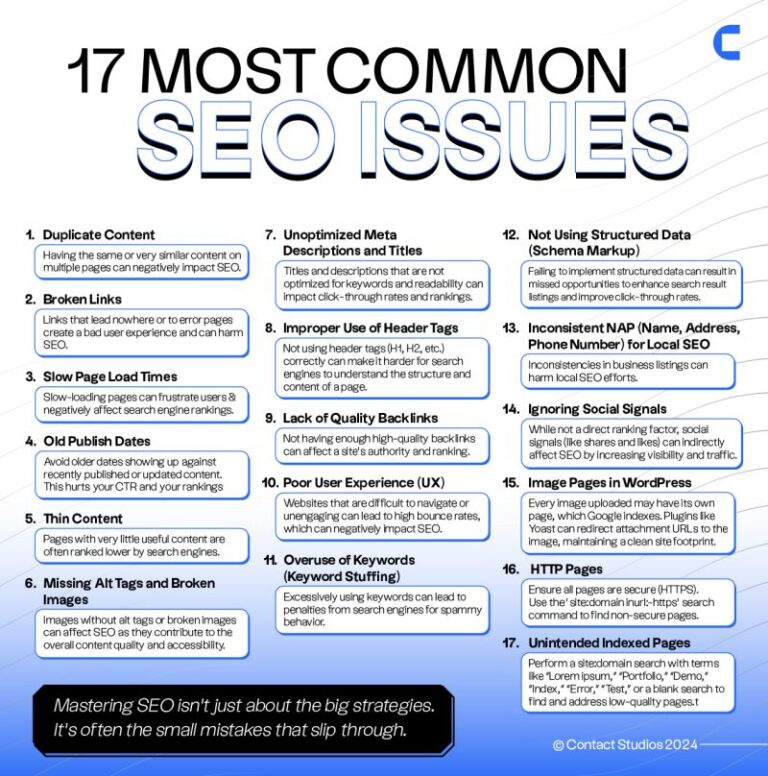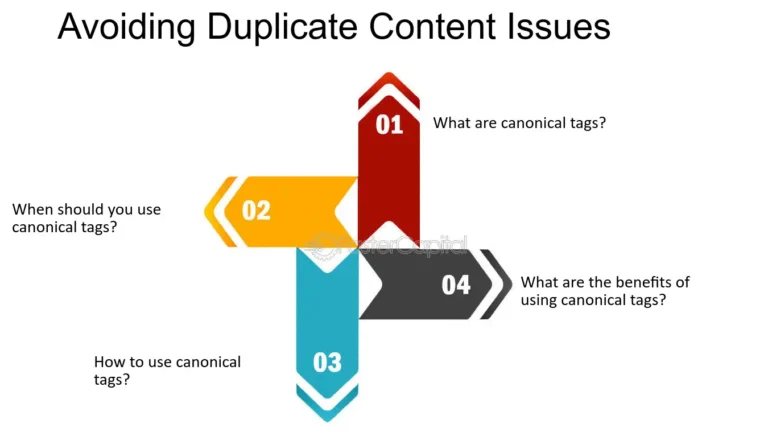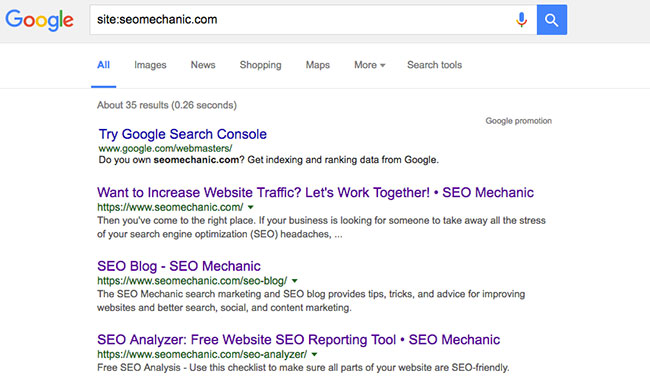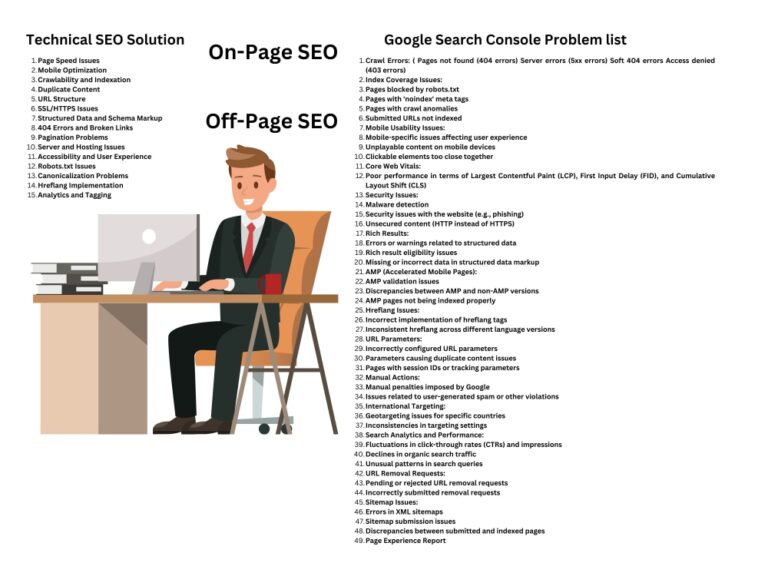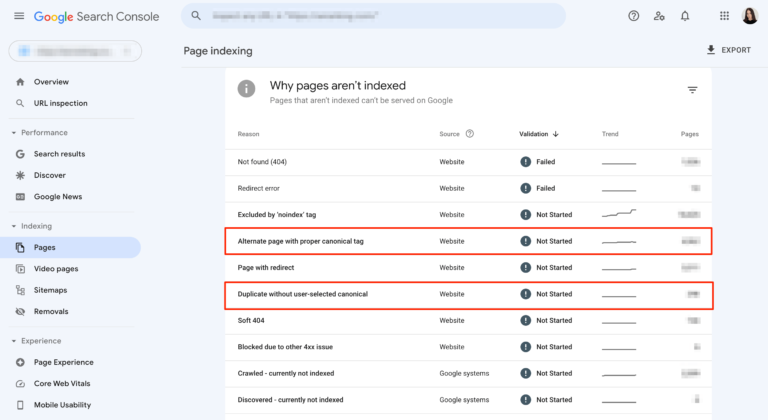What to Do If Your Website Is Not Indexed by Google: Quick Website Indexing Fixes
Check your website’s robots.txt file and ensure it’s not blocking search engines. Submit your site to Google Search Console for indexing. Quick Website Indexing Fixes will help your website to grow A website not indexed by Google can hinder your online visibility and organic traffic. Indexing is crucial for search engines to discover and rank…

